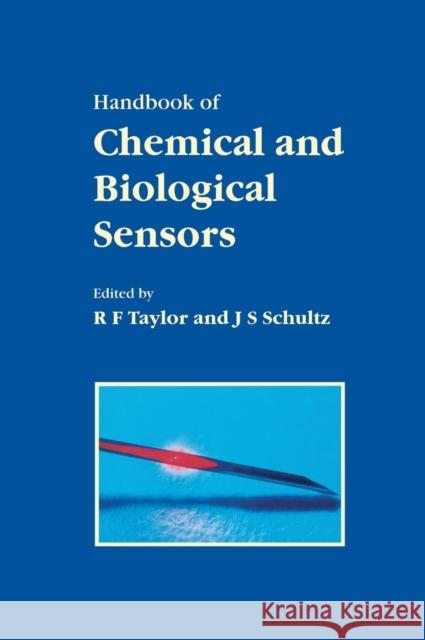Handbook of Chemical and Biological Sensors » książka
Handbook of Chemical and Biological Sensors
ISBN-13: 9780750303231 / Angielski / Twarda / 1996 / 604 str.
The Handbook of Chemical and Biological Sensors focuses on the development of sensors to recognize substances rather than physical quantities. This fully inclusive book examines devices that use a biological sensing element to detect and measure chemical and biological species as well as those that use a synthetic element to achieve a similar result. A first port of call for anyone with a specific interest, question, or problem relating to this area, this comprehensive source of reference serves as a guide for practicing scientists and as a text for many graduate courses. It presents relevant physics to chemists, chemistry to materials scientists, materials science to electronic engineers, and fabrication technology to all of the above. In addition, the handbook is useful both to newcomers and to experienced researchers who wish to broaden their knowledge of the constituent disciplines of this wide-ranging field.
The Handbook of Chemical and Biological Sensors focuses on the development of sensors to recognize substances rather than physical quantities. This fully inclusive book examines devices that use a biological sensing element to detect and measure chemical and biological species as well as those that use a synthetic element to achieve a similar result. A first port of call for anyone with a specific interest, question, or problem relating to this area, this comprehensive source of reference serves as a guide for practicing scientists and as a text for many graduate courses. It presents relevant physics to chemists, chemistry to materials scientists, materials science to electronic engineers, and fabrication technology to all of the above. In addition, the handbook is useful both to newcomers and to experienced researchers who wish to broaden their knowledge of the constituent disciplines of this wide-ranging field.











